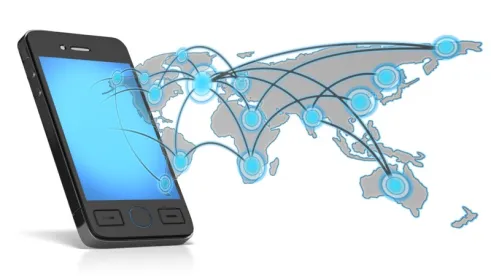In determining a reasonable royalty for patent infringement damages, district courts often use the hypothetical negotiation analysis: that is, what is the royalty rate that the patent owner and the infringer would have agreed to in a hypothetical negotiation at the time the infringement began (assuming the patent owner was hypothetically willing to license the patent). For those wrestling with this question, Judge Zobel’s opinion on a recent Skyhook v. Google motion in limine reminds litigators that information dated well past the timeframe of the hypothetical negotiation may be relevant to the analysis.
The opinion came in the leadup to trial in the now-settled Skyhook v. Google case in the District of Massachusetts. Judge Zobel issued her rulings on a host of motions in limine, including one impacting the perplexing and difficult question of what evidence can be used in the hypothetical negotiation analysis. Since the hypothetical negotiation occurs immediately prior to infringement, information that would not have been available to the participants can sometimes be subject to exclusion at trial.
Skyhook sought to exclude three pieces of information at trial: (1) the price at which Skyhook was acquired in 2014; (2) Google’s “alleged inability to use device location on all devices;” and (3) Google’s “alleged inability to substantially increase its mobile revenue with ads based on device location.” The Court denied Skyhook’s motion in its entirety: each of these pieces of information, the Court found, were relevant to at least one factor in the Georgia-Pacific analysis used to determine a royalty rate. Evidence of the inability to use device location on all devices was relevant to the extent to which the infringer used the invention as well as the established profitability and commercial success of the patent. Evidence regarding Google’s difficulties in raising ad revenue from mobile ads was relevant to the same two factors.
And most interesting is that Skyhook’s acquisition price, for its part, was found to be relevant to the value of the hypothetical license royalty rate, even though there was a substantial gap in time between the date of the hypothetical negotiation and the date of Skyhook’s sale.
The opinion really captures the tension between the hypothetical negotiation – which requires parties to reconstruct a licensing negotiation without the benefit of hindsight – and the need to address information that is only available after the date of the hypothetical negotiation in order to accurately value the patent under the Georgia-Pacific factors. Damages analysts, therefore, should be prepared to address evidence dated after the hypothetical negotiation, as such evidence may have a significant impact on how the damages case will play out.
The case is Skyhook Wireless, Inc. v. Google, Inc., 1:10-cv-11571-RWZ, in the District of Massachusetts.



 />i
/>i

